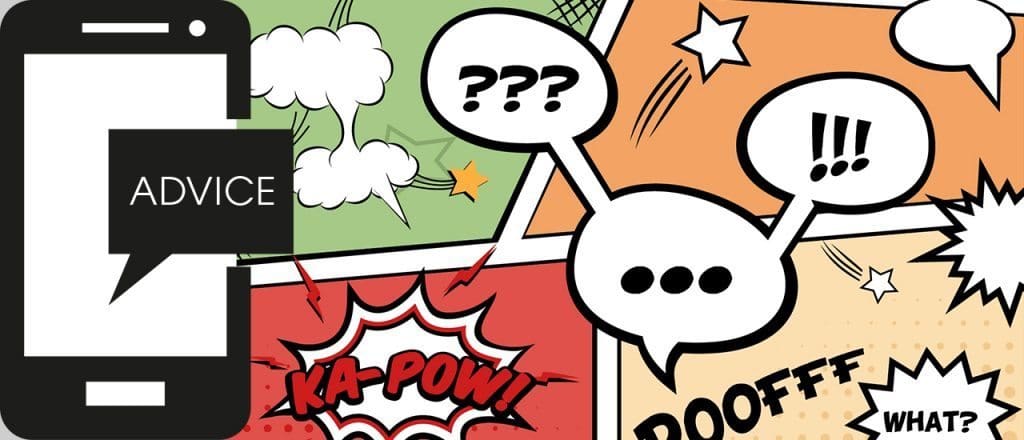
Do you remember the case of O2 having a 24 hours outage a few years ago? During the crisis plenty of customers used the company Twitter account to show their frustration and attack the brand.
O2 already had a well-established digital relationship with their customers and they decided to adopt a precise tone of voice to respond to the insults. At the beginning they apologised broadly for the inconvenience. Then they started replying ironically to comments, making the all issue in some way more light-hearted.
Although O2 deserves some credit for their courage in facing a horde of angry clients with humour, we won’t suggest this is always the best strategy to address an issue. It is a good example, however, of how social media can help brands take on a crisis.
Every single crisis is different and needs to be managed properly. Nevertheless, there are some simple rules you could follow to manage your crisis communication on social media.
6 rules for social media crisis management
These are:
- Be honest and clear: in the event of a crisis, it’s useless to lie or deny what happened. Better to acknowledge the mistake, apologise to customers and show you are doing your best to resolve the problem.
- Be coherent: once agreed about the proper attitude to answer the customers’ questions/complaints, it’s important to nominate one member of the team to be responsible for interacting with them on all platforms.
- Keep the customers frequently updated about the issue: in this sense, social media has a fundamental role in managing a crisis. Share the updates about the problem with your customers (and all your stakeholders) so they can see you are working hard to resolve it.
- Monitor and respond rapidly: check the evolution of your customers’ conversations online constantly and respond quickly to criticisms in order to avoid the broadcast of false news about the brand.
- Provide users with positive information: every brand has its own loyal customers ready to defend it even in case of a mistake. Provide them with positive information about the crisis so they can express their favourable opinions about you.
- Arrange a crisis communication plan: last but not least, it could be useful to set a crisis communication plan up before it occurs. In this way, everyone inside the company knows how to operate promptly.
In conclusion…
Social media is a useful tool when it comes to managing a crisis. It represents a direct line with your customers and it’s a good way to defend your reputation online.
However, it needs to be used properly to get some good results. Don’t ignore the criticisms from the users and, most of all, be honest with them. Apologise for the mistake and let them know you are working to resolve the matter.
Beside this, never waste time. Frustrated customers won’t simply let go. If you hide behind a screen, the consequences could be devastating for the reputation of your brand. On the other hand, if you start a dialogue with them and accept their opinions, they will appreciate and the crisis could even turn into an opportunity.
If you have any questions about crisis management or social media strategy, please drop us a line. We’ll be happy to help.
More Stories
The importance of branding
In this, the second blog post in leading Manchester branding agency Creation’s series about branding, we explore its importance for any business at a time when competition for both retaining and attracting new customers has never been more fierce. Let’s start with the most fundamental of questions:
Read MoreBranding and Marketing: They’re the same, right?
In the first of a series of blogs focusing on branding, we look into any differences between Branding and Marketing. They’re the same, right? Well…
Read MoreHow Green is YOUR website?
This question may not be something you’ve ever considered, but, like every other action we take here on planet Earth, somewhere along the line, there’s…
Read More


